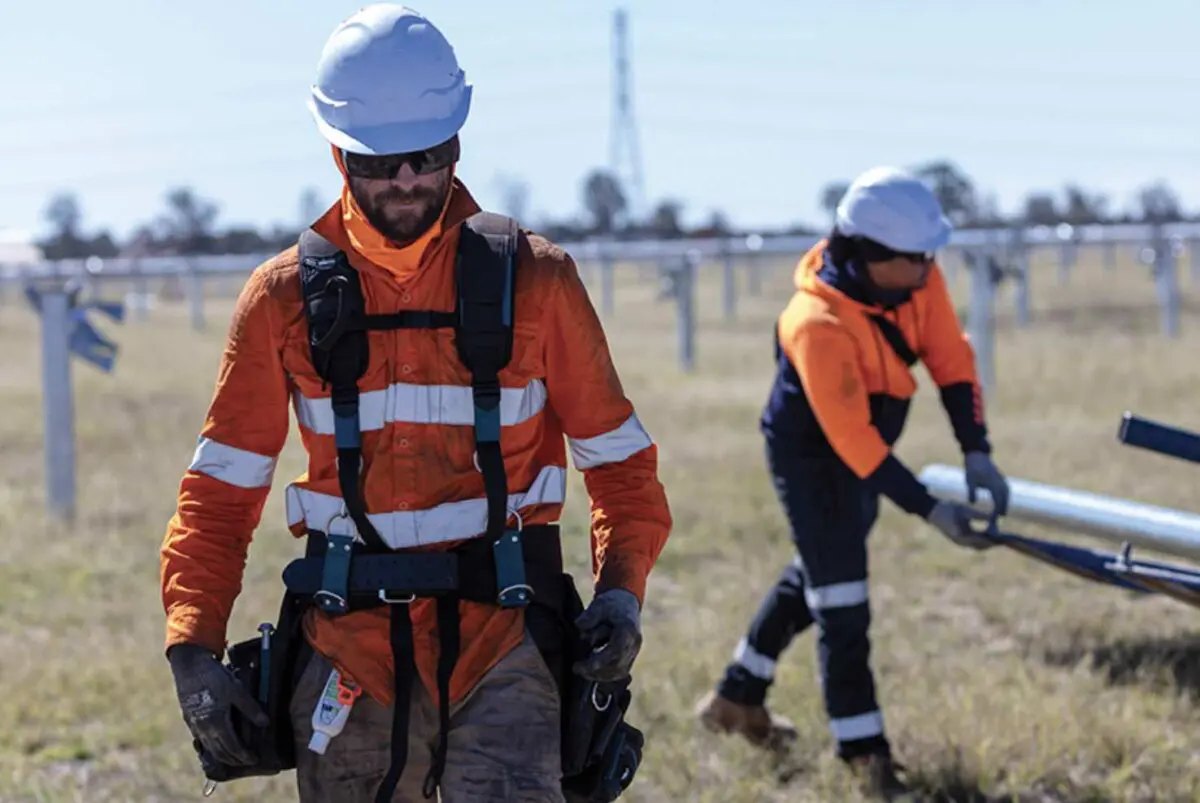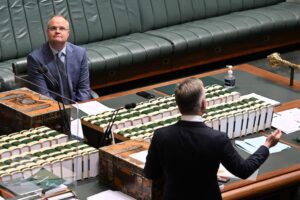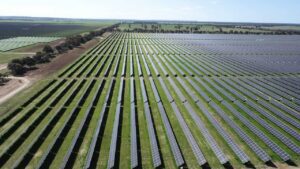The Queensland government is to set up a mandatory code of conduct for renewable energy developers that will set new standards for social license and regional community priorities.
Queensland’s Miles government bill the new mandatory code of conduct as an “Australian-first” set of standards “to ensure locals benefit first and foremost from renewable energy jobs boom” and that “Queenslanders are full partners in the state’s clean energy transition”.
“The proposed code, which will be co-designed with stakeholders, will ensure renewable energy developers engage genuinely with landholders and communities when developing, building and operating new generation and storage projects,” the government said.
To back the efficacy of the new codes of conduct, the Miles government is investing $20 million to ensure that communities can engage in and share the benefits of the clean energy transition.
The funding will come from the existing Regional Economic Futures Fund and will help communities to establish legacy infrastructure and advance critical services, with a particular focus on areas set to host future renewable energy zone development.
The new codes of conduct will seek to ensure tangible benefits for communities including improvements to infrastructure, jobs, local economy, the environment, and social fabric.
“I expect that this nation-leading code will put communities firmly at the forefront of the energy transition, because they should have a genuine seat at the table when it comes to decisions in their local area,” said Mick de Brenni, the state minister for energy and clean economy.
“We’ve listened to key advocacy groups like the Queensland Farmers Federation and the Local Government Association Queensland and have taken on feedback from those who know their local communities best.
“And the message from the Australian Energy Infrastructure Commissioner in the independent Community Engagement Review is clear: communities must have a genuine seat at the table.
“If developers want to be approved to connect to the Queensland SuperGrid, they’ll need to show that they can work in partnership with the local community – because locals know their area best.”
The codes of conduct will incorporate findings from the Commonwealth’s Independent Community Engagement Review and will be co-designed in collaboration with stakeholders from the energy, environment, and agricultural sectors.
Local councils, Elders, and community stakeholders will also be involved in ensuring the codes of conduct ensure best practices and meet the priorities of regional communities.
“We already have stringent environmental assessments and approvals that must occur before any renewable energy project can get up and running,” said de Brenni.
“This code could help ensure social licence is at the forefront of these projects progressing.
“Queensland wants to set the benchmark globally for leading practice when it comes to the clean energy transition, and we are ensuring priority is given to communities, landholders and critically, environmental protections.”









